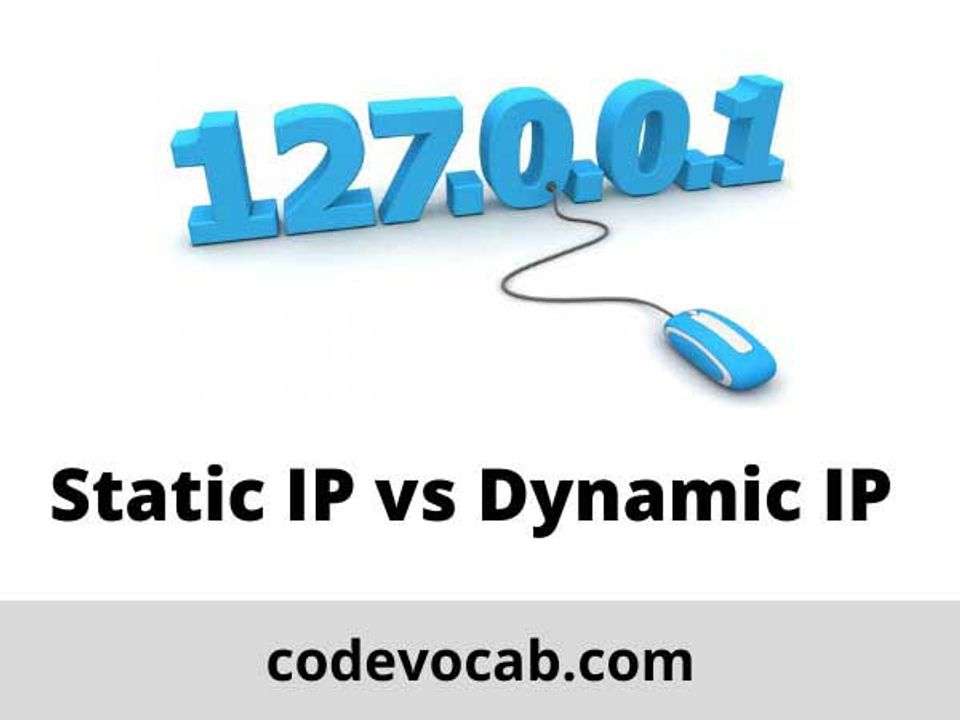When you deal with computer networks, you would come across the term ‘IP address’ many times. IP stands for Internet Protocol. An IP address is a unique identity of each device in a network. Through IP addresses, devices in networks finds each other. IP addresses ma be IPv4 or IPv6. IPv4 represents four numbers ranging from 0 to 255 and are separated by dots. An example of IP address in IPv4 system could be 192.0.12.47. 0.0.0.0 can also be a valid IP address!
IPv6 system of IP represents IP addresses in hexadecimal format. For example – 2041:0da8:85b3:0012:0100:7e1a:0375:7334.
The major differences between these two formats is the possibility of unique IP addresses in each of them. IPv4 system can generate 2 to the power 32 unique IP addresses, whereas IPv6 cn generate 2 to the power of 128 unique IP addresses. The other difference if=s the number of units and the separator. As i mentioned above, IPv4 consists of four numbers from 0-255 separated by dots, while IPv6 is made up of 8 individual units separated by colons (:)
Static IP :
A static IP (like its name) remains the same and never changes. A static IP needs to be configured manually and is generally more costly than the dynamic IP. A static IP address is assigned to you by your Internet Service Provider(ISP). A static IP address does not change until your network architecture changes.
Advantages of Static IP:
- They can be used to host servers.
- Data exchange is faster with static IP’s.
- Remote desktop access is supported.
Disadvantages of Static IP:
- Costs very much : Internet Service providers may charge you more for a static IP based on their different types of plans.
- Comparatively difficult to set up and manage.
- More vulnerable to hackers : With a static IP address your device can be easily found on a network if using the right techniques.
Dynamic IP:
A dynamic IP addressis one which could change with time. This type of IP changes generally when you restart the router. ISP’s (Internet Service Providers) assigns dynamic IP whenever required through the DHCP server (Dynamic Host Configuration Protocol Server). ISP assigns the dynamic IP to a different device if it is found to be unused. If you are using internet for your home, you might be using a dynamic IP. Since dynamic IP is cheaper, they are used widely by normal home users.
Advantages of dynamic IP:
- Automatic configuration: For a new IP address, you don’t have to do anything manually, DHCP takes care of it. It assigns the available IP address to you whenever required.
- Less cost: Since it is not dedicated, a dynamic IP address costs very less than a static one.
- Better security: Since your IP address changes frequently, its very hard for a cyber attacker to target your device.
Disadvantages of dynamic IP:
- Not suitable for hosted services: Doesn’t work well for websites or other hosted services.
- Limited remote access.
- Comparative more downtime: Sometimes your Internet Service Provider takes a longer time to assign you a new IP address which can result to a network connection failure.
Which is best, Static IP or Dynamic IP?
It cannot be said which of them should be best all the times. It depends on the nature of work you do. For some people, Static IP address works the best whereas for some people a dynamic IP address works best. For example, if you are a business owner, you should have a static IP address, but if you are a home user you should use a dynamic one.
DHCP :
A DHCP is a network management protocol which is used to make the configuration process of devices on an IP network automatic. If you are using a dynamic IP address, DHCP is the one which assigns you a fresh IP address whichever is available.

